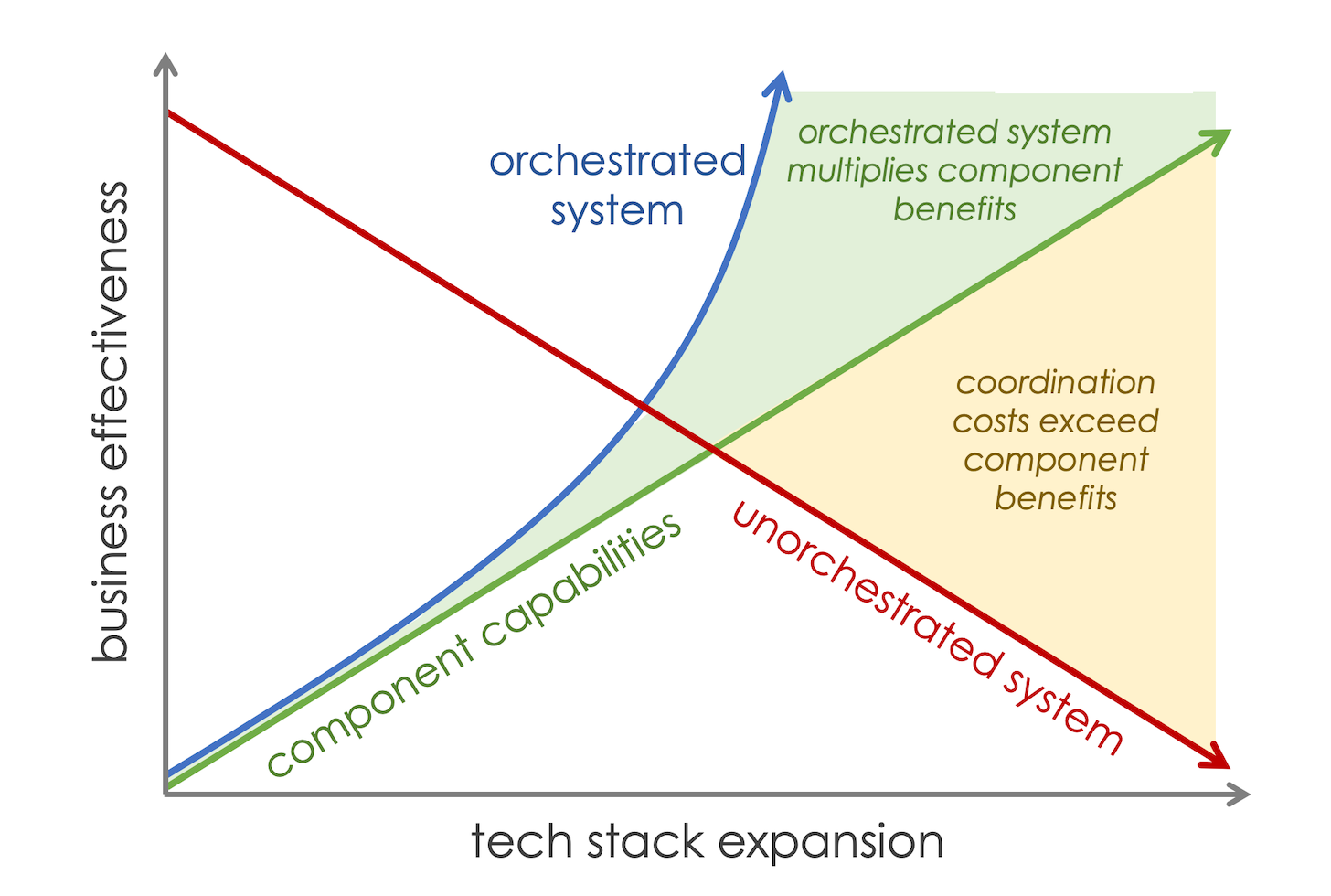Court orders Uber, Lyft to reclassify drivers as employees in California
The companies will have 10 days before the order takes effect to allow for an appeal, according to a copy of the ruling from San Francisco Superior Court judge Ethan Schulman. Uber and Lyft currently treat their drivers as independent contractors.
According to the court ruling, “now, when Defendant’s ridership is at an all-time low, may be the best time (or the least worst time) for Defendants to change their business practices to conform to California law without causing widespread adverse effects on their drivers.”
In response to the order, Lyft spokesperson Julie Wood said, “drivers do not want to be employees, full stop.”
“We’ll immediately appeal this ruling and continue to fight for their independence. Ultimately, we believe this issue will be decided by California voters and that they will side with drivers,” Wood said in a statement provided to CNN Business.
Representatives for Uber did not immediately respond to a request for comment.
Under the law, which went into effect on January 1, companies must prove workers are free from company control and perform work outside the usual course of the company’s business in order to classify workers as independent contractors rather than employees.
The lawsuit accuses Uber and Lyft of depriving workers of protections, including a minimum wage, overtime, paid sick leave, and unemployment insurance, that they would be entitled to as employees. Uber, Lyft and DoorDash have each put $30 million behind a ballot initiative, with additional support from Instacart and Postmates, which Uber recently agreed to acquire. If passed, it would exempt them from the AB-5 law, but offer drivers some benefits.
The AB-5 law has long been viewed as a potential existential threat to many gig economy companies like Uber and Lyft, which built up their businesses in large part by treating workers as independent contractors rather than employees. In addition to not receiving certain employee protections, drivers also pay their own expenses, including gas and vehicle maintenance.
“The vast majority of drivers want to work independently, and we’ve already made significant changes to our app to ensure that remains the case under California law,” said an Uber spokesperson in a statement last week. “When over 3 million Californians are without a job, our elected leaders should be focused on creating work, not trying to shut down an entire industry.”








